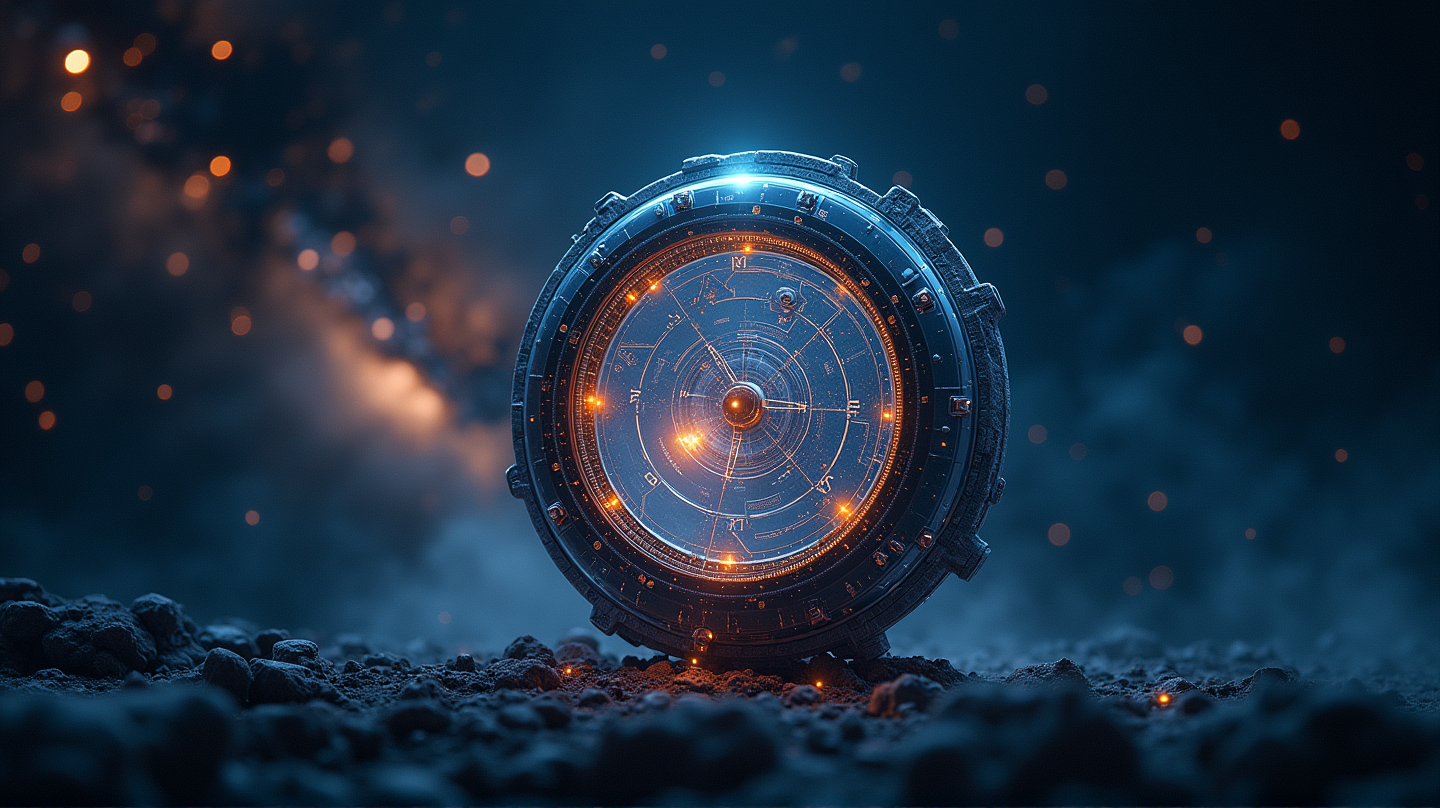Unlocking Deep Space: The Quest for Superior Clocks
To uncover the secrets of deep space, enhanced atomic clocks are key. Let's delve into why precise timekeeping is vital for exploration.

Time. A concept we all abide by, yet grasp so little. This Memorial Day, we delve into the universe of time through the lens of science with hosts Emily Kwong and Regina G. Barber. As we aim to explore the far corners of the universe, there’s one surprisingly earthly limitation holding us back - our clocks.
Atomic Clocks: The Heartbeat of Modern Technology
Currently, hundreds of atomic clocks orbit our planet, installed on satellites that make our GPS, Internet, and stock exchanges tick. However, as we desire to venture far into the cosmos, these timepieces might not be ticking precisely enough. According to WRVO Public Media, enhancing the precision of these clocks could be the key to unlocking vast uncharted celestial territories.
Understanding the Mechanism: How Do Atomic Clocks Work?
The journey to enhancement begins with understanding. Atomic clocks use the oscillations of atoms to keep time, a process that is more stable and uniform than traditional mechanical clocks. These oscillations serve as an atomic heartbeat, which needs to be incredibly precise to navigate the vast expanses of space.
Strontium Ion: The Next Leap in Precision
Enter Holly’s Optical Atomic Strontium Ion Clock, a breakthrough that promises greater precision than ever before. This new clock, part of NASA’s OASIC project, could prove instrumental in space exploration by minimizing time errors that accumulate over vast distances.
The Longitude Problem: A Historical Parallel
Interestingly, this isn’t the first time humanity has grappled with the challenges of precise timekeeping. As detailed in Dava Sobel’s Longitude, the quest for solving navigational challenges in the seas centuries ago mirrors today’s challenges in celestial navigation.
A Meditation on Time
As the Short Wave team reflects on time’s essence, it’s evident that advancing our timekeeping technology holds not merely scientific value but also philosophical significance. The precision of time is more than a technical feat; it embodies our ongoing quest to understand the universe profoundly.
For further information, delve into the OASIC project on NASA’s website. If you’re curious about the historical context, Dava Sobel’s book, Longitude, offers fascinating insights.
So as you reflect on this Memorial Day, ponder the clock ticking on your wall and imagine the profound mysteries it helps us unravel across the universe. It’s not just a slice of human ingenuity; it’s our ticket to the stars.

